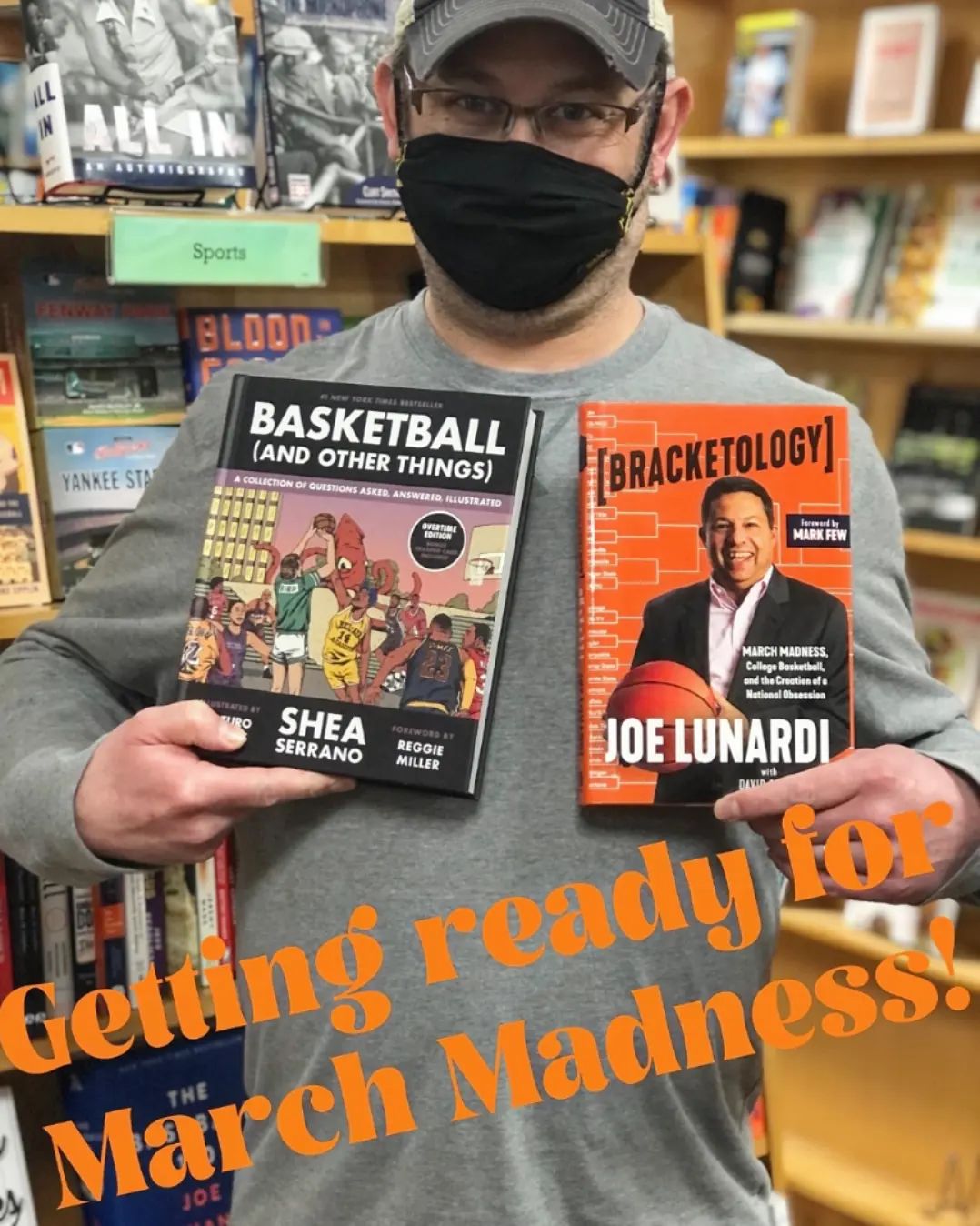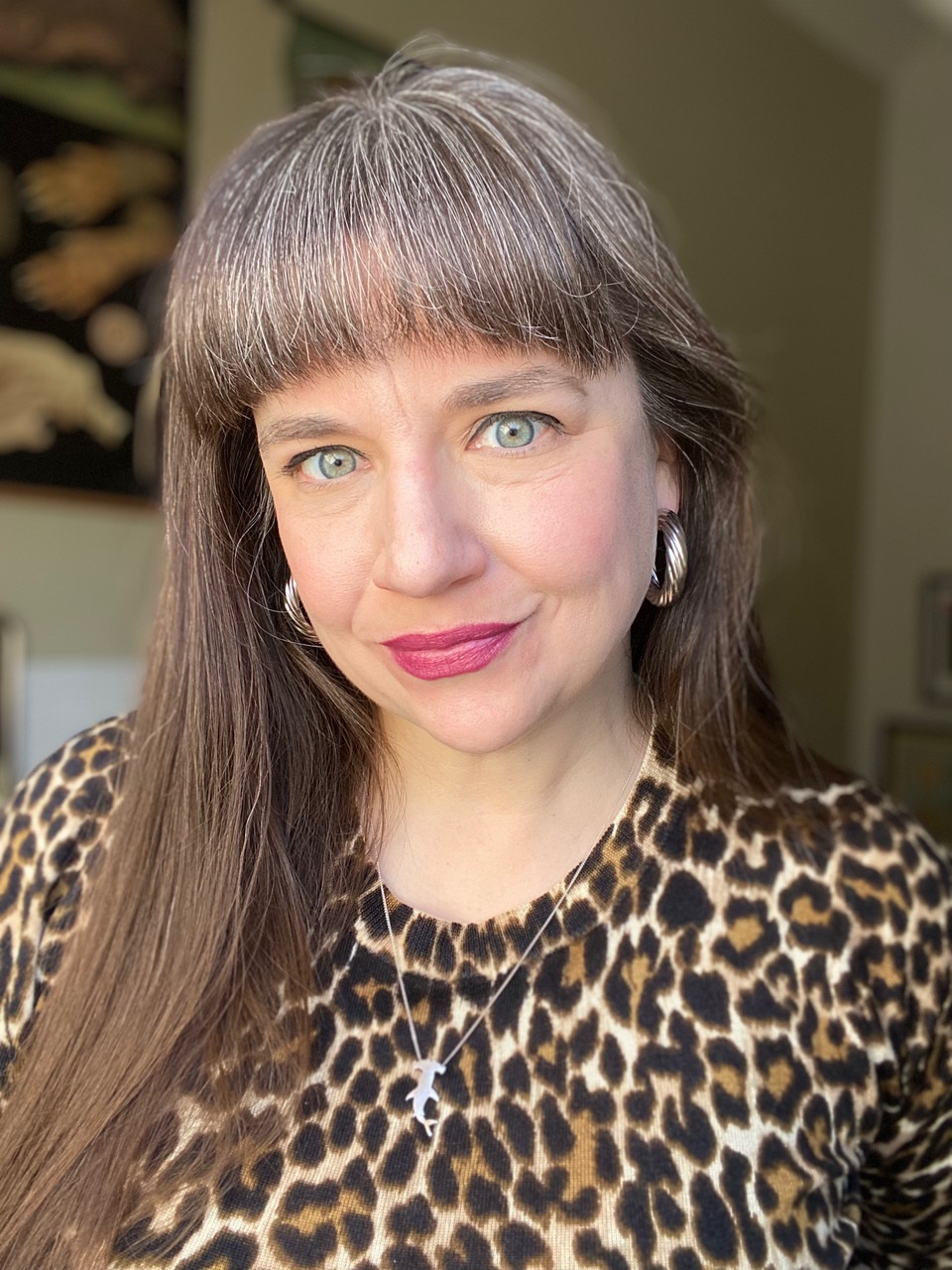 Nicky Beer is a bi/queer writer, and the author of the poetry collections The Octopus Game and The Diminishing House, both winners of the Colorado Book Award. She is an associate professor at the University of Colorado-Denver, where she is a poetry editor for the literary journal Copper Nickel. Her third poetry collection, Real Phonies and Genuine Fakes (Milkweed Editions, March 8, 2022), is a study of subterfuge; Marlene Dietrich, Dolly Parton and Batman are its instructors.
Nicky Beer is a bi/queer writer, and the author of the poetry collections The Octopus Game and The Diminishing House, both winners of the Colorado Book Award. She is an associate professor at the University of Colorado-Denver, where she is a poetry editor for the literary journal Copper Nickel. Her third poetry collection, Real Phonies and Genuine Fakes (Milkweed Editions, March 8, 2022), is a study of subterfuge; Marlene Dietrich, Dolly Parton and Batman are its instructors.
On your nightstand now:
I'm reading Sting in the Tale: Art, Hoax and Provocation, a recent book of art history on "fictive art," by the artist and scholar Antoinette LaFarge. Fictive art is artwork that "places a highly developed fiction at its centerpiece that is passed off as factual." So this runs the gamut of everything from pseudonyms and personae, like German-Canadian artist Iris Häussler's invention of the 19th-century outsider artist "Mary O'Shea," to fictive museums like the Museum of Jurassic Technology in Los Angeles, to the Codex Seraphinianus, "an encyclopedia for a world very different from Earth." I really enjoy LaFarge's interest in how fictive art often seeks to destabilize our relationships with authority and institutions. Since my latest book of poems, Real Phonies and Genuine Fakes, is similarly focused on interrogating our human dependence on illusions, it's a really timely read for me.
Favorite book when you were a child:
I loved how the D'Aulaires Book of Greek Myths didn't sugarcoat the violence, jealousy and capriciousness of the gods, and didn't try to peddle a bunch of sappy moral lessons. Artemis, who wanted only to be left alone to hunt in the woods with her nymphs, was an early heroine for me, and I got a kick out of how sly and tricky Hermes was. The book's illustrations were so bold and expressionistic. One of my favorites was of the plagues that Pandora released: Gossip is depicted as a grotesque green fairy spitting out a cloud of flies. And I had some vaguely erotic stirrings for the illustration of Gaea represented as an anthropomorphic landscape with voluptuous hills.
Your top five authors:
Living: Linda Bierds, Alexander Chee, Natalie Diaz, Carsten René Nielsen, Colson Whitehead.
Passed on into the infinite library: Jane Austen, Elizabeth Bishop, Charles Dickens, Toni Morrison, Adam Zagajewski.
Book you've faked reading:
Someone once told me that every English professor has at least one canonical text that fills them with shame that they haven't read, and I am certainly no exception. So I'm going public with this for the first time: I'VE NEVER READ THE ILIAD! The Odyssey? Sure! The Aeneid? You betcha! But for some reason, I've never gotten around to the big-assed war epic in question. And I have no excuse for this, either: I've got a lovely edition sitting on my bookshelf behind me now as I type this. Maybe I'll start tomorrow?
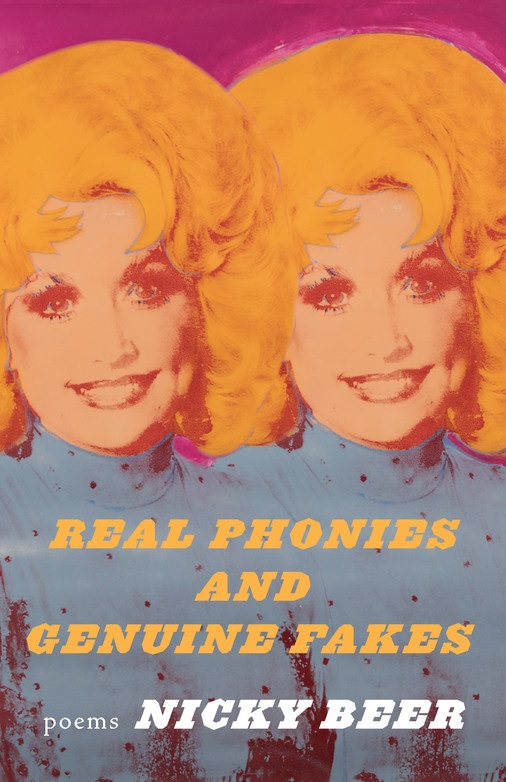 Book you're an evangelist for:
Book you're an evangelist for:
I find myself recommending Aimee Nezhukumatathil's World of Wonders a lot these days. I love how its small, intense sections about specific florae and faunae replicate those briefly private interactions one can have with nature that border on rapturous. And Lauren Groff's Matrix, because who could have guessed that a novel about 12th-century nuns could be feminist as fuck?
Book you've bought for the cover:
Melissa Broder's Milk Fed, because it's a minimalist, geometric rendering of a single boob, and my mind is usually in the gutter. But as luck would have it, it's a delightful novel and often hilarious--which seems strange to say, given how explicitly and painfully the main character's eating disorder is depicted. But it's also playful and queer and sexy, and a thoughtful look at Judaism to boot.
Book you hid from your parents:
I'm really lucky that I never had to do this--they only ever forbade MTV. Although, as I child, I did accidentally discover their copy of The Joy of Sex (the very hairy 1970s version) on a bored afternoon of rummaging through some shelves in our basement. I was never able to locate it again, so I think that was one they subsequently hid from me.
Book that changed your life:
After I graduated college and started working in Manhattan, I was feeling ambivalent about writing and literature. On the one hand, I wanted to keep going with my poetry more than ever, but also--even as I was ploughing through piles of books on my subway commutes--I was having a hard time getting enthusiastic about anything I was reading. This might have been because I'd set myself the rather grim task of reading as many of the Modern Library Association's "Top 100 Novels" as I could--which, as you can guess, is a list that is overwhelmingly white and male and dead. But as luck would have it, my roommate and bestie Miles read Colson Whitehead's The Intuitionist, fell in love with it, and recommended it to me. I was completely absorbed by Whitehead's city ruled by warring factions of elevator inspectors, and the intrigue in which its first Black woman inspector is entangled. The imaginativeness of how Whitehead writes about race through this premise completely floored me--as a reader and a writer, I felt so aware of possibility in a way I hadn't been feeling before: this is what a person can do with words. The book helped me regain my sense of joy and curiosity about literature, and that momentum helped me muster the courage to apply to MFA programs and make the big scary move to Texas after a lifetime of living in the Northeast.
Favorite line from a book:
I often feel painfully self-conscious when it comes to expressing thoughts about spirituality, religion and God, so I have a little notebook in which I jot down lines by authors who've expressed things that align closely with my beliefs. Here's one of them:
"Great grief, great god; where there is one, there is the other." --Mark Doty, Heaven's Coast: A Memoir
Five books you'll never part with:
C.S. Lewis's The Magician's Nephew, Ada Limón's Bright Dead Things, Yoko Ono's Grapefruit, Charles Simic's Dismantling the Silence, and Ina Garten's Barefoot Contessa: How Easy Is That?
Book you most want to read again for the first time:
Probably Pride and Prejudice, if only for my initial astonishment when I realized that this Jane Austen person was so goddamned funny.
Book for which you sustained an injury:
Mary Gabriel's Ninth Street Women--Lee Krasner, Elaine de Kooning, Grace Hartigan, Joan Mitchell, and Helen Frankenthaler: Five Painters and the Movement That Changed Modern Art. The hardcover is 900+ pages and weighs over three pounds, and I gave myself carpal tunnel reading it while lying on my back in bed over the course of three months. 100% worth it.
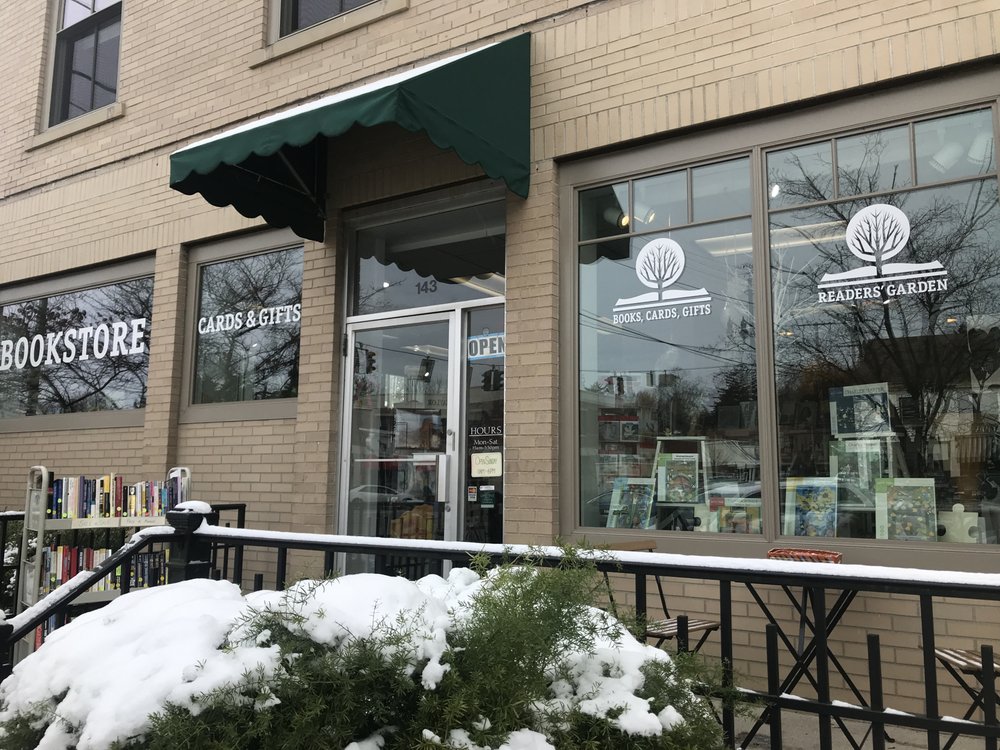 Readers' Garden Bookstore in Granville, Ohio, is relocating to 115 N. Prospect St., the Newark Advocate reported. Kim Keethler Ball, who bought the store in 2019, was elected to the Granville Village Council last November. The previous storefront, at 143 Broadway East, was owned by the village, and following Keethler Ball's election, the Ohio Ethics Commission ruled that she would now have to bid competitively to remain in that space.
Readers' Garden Bookstore in Granville, Ohio, is relocating to 115 N. Prospect St., the Newark Advocate reported. Kim Keethler Ball, who bought the store in 2019, was elected to the Granville Village Council last November. The previous storefront, at 143 Broadway East, was owned by the village, and following Keethler Ball's election, the Ohio Ethics Commission ruled that she would now have to bid competitively to remain in that space.







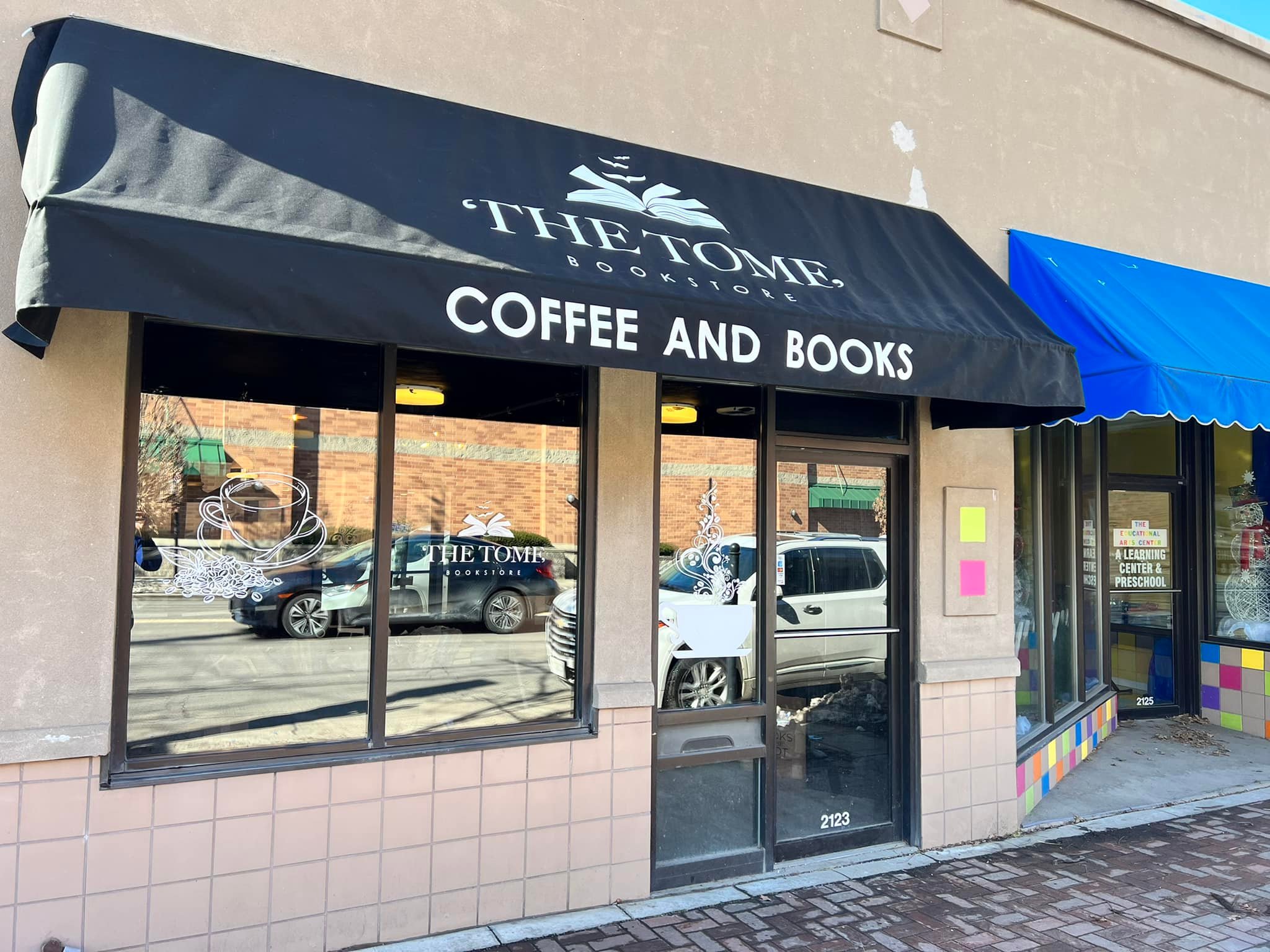
SHELFAWARENESS.1222.T1.BESTADSWEBINAR.gif)
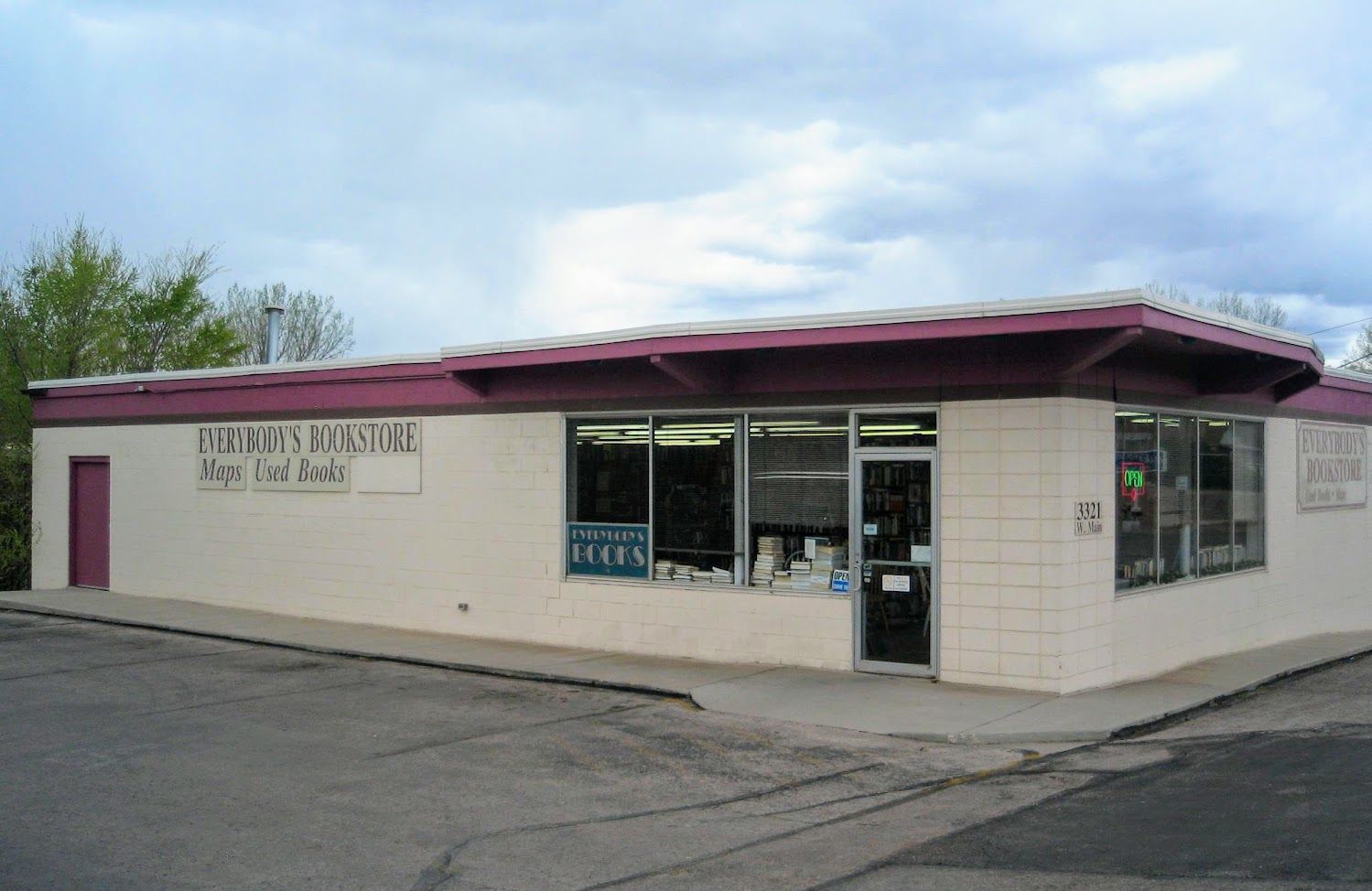 Jessie Polenz, bookseller at
Jessie Polenz, bookseller at 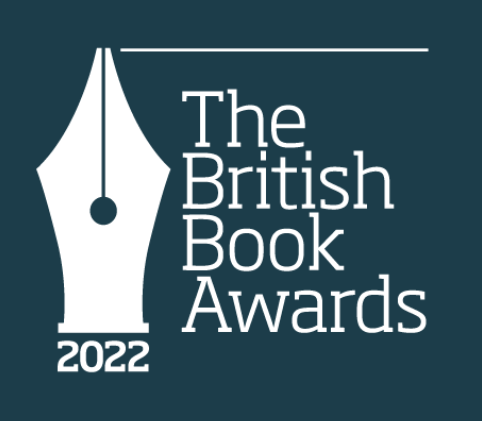 The British Book Awards unveiled the regional and country winners for the 2022
The British Book Awards unveiled the regional and country winners for the 2022  Analyzing preliminary sales figures from 2021, the
Analyzing preliminary sales figures from 2021, the 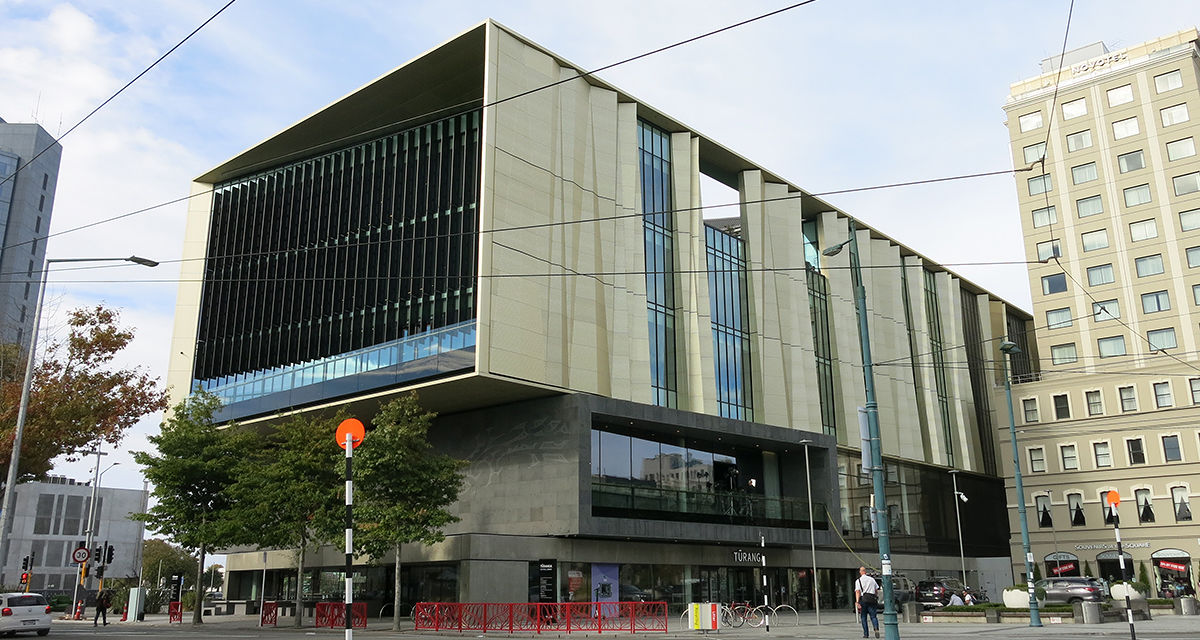 As New Zealand celebrated Waitangi Day recently, "one of the country's largest city libraries was closed, with staff and security given the day off," the Guardian reported. "But
As New Zealand celebrated Waitangi Day recently, "one of the country's largest city libraries was closed, with staff and security given the day off," the Guardian reported. "But 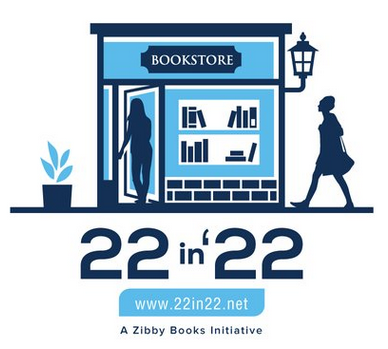
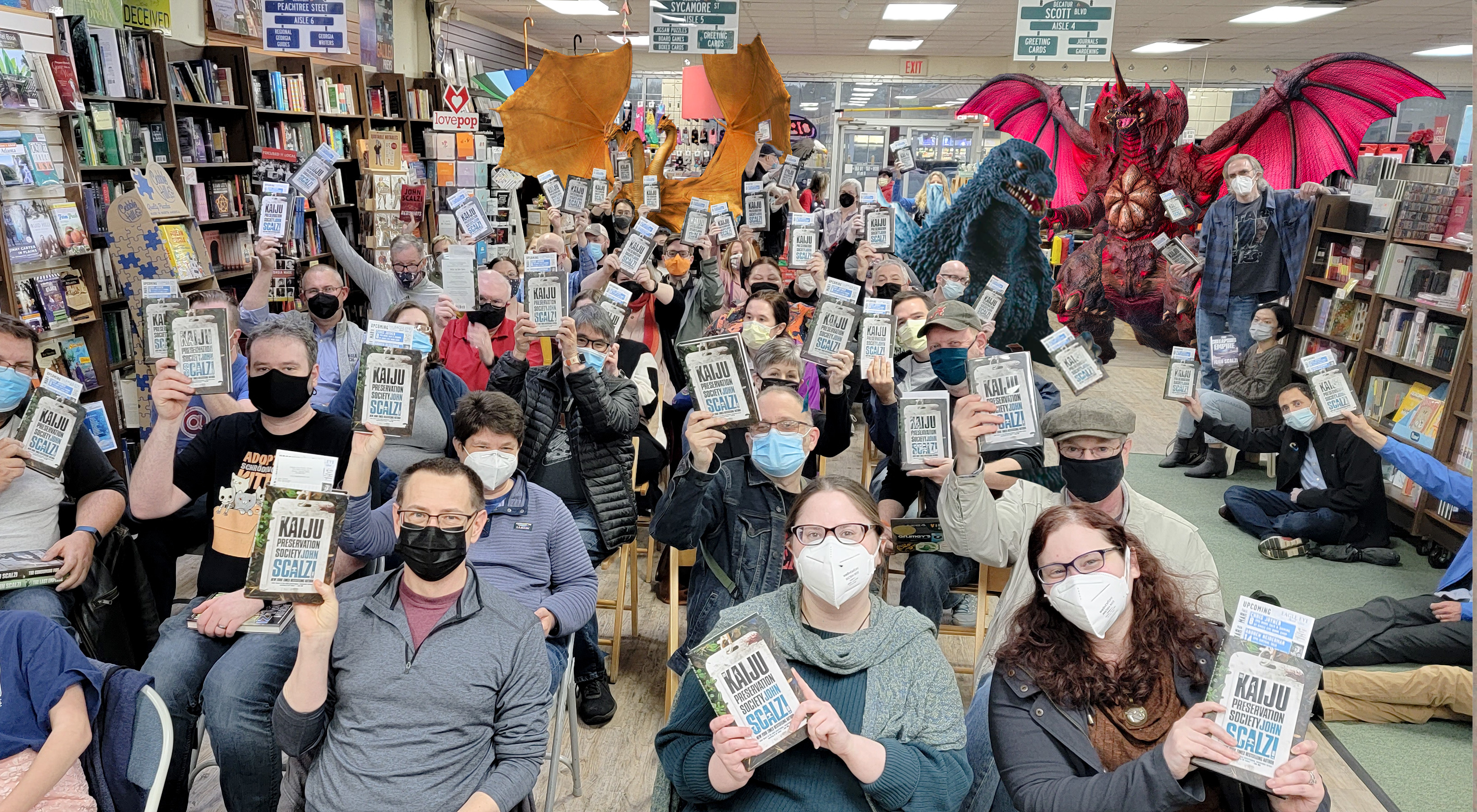 On Wednesday,
On Wednesday, 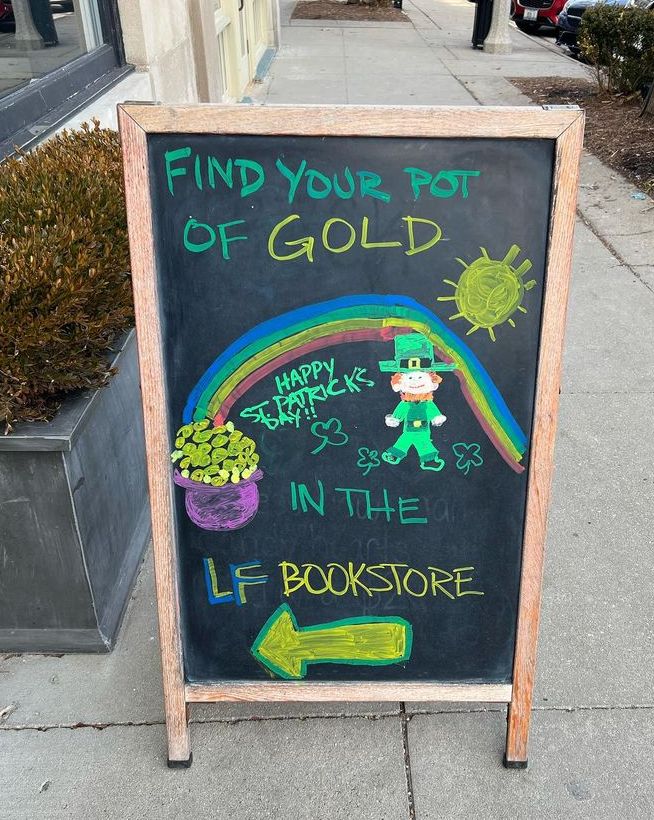
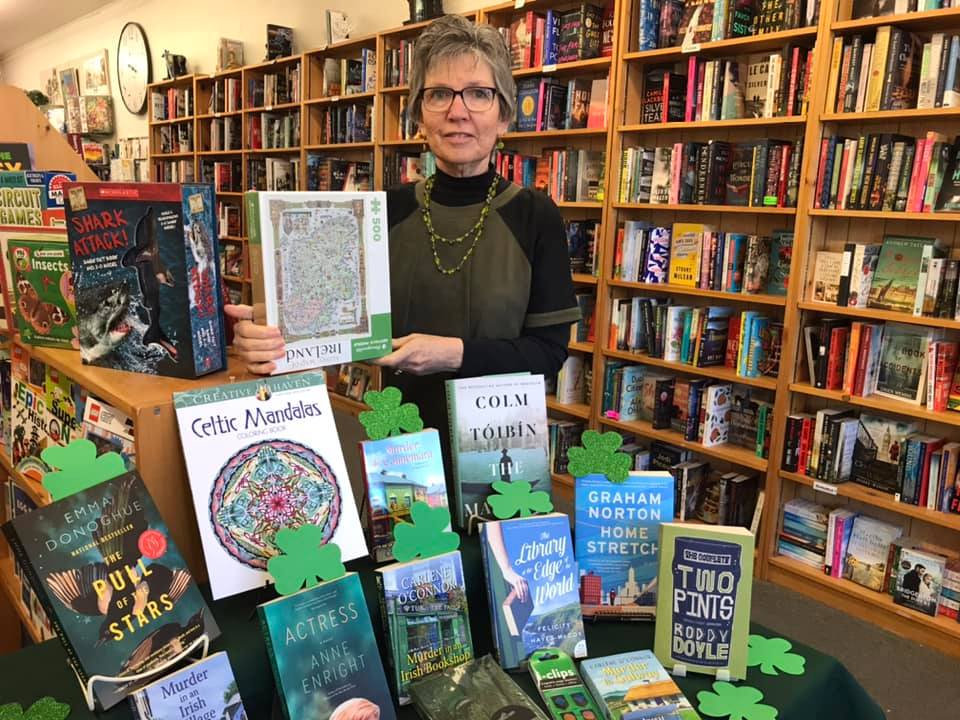 Lighthouse Books
Lighthouse Books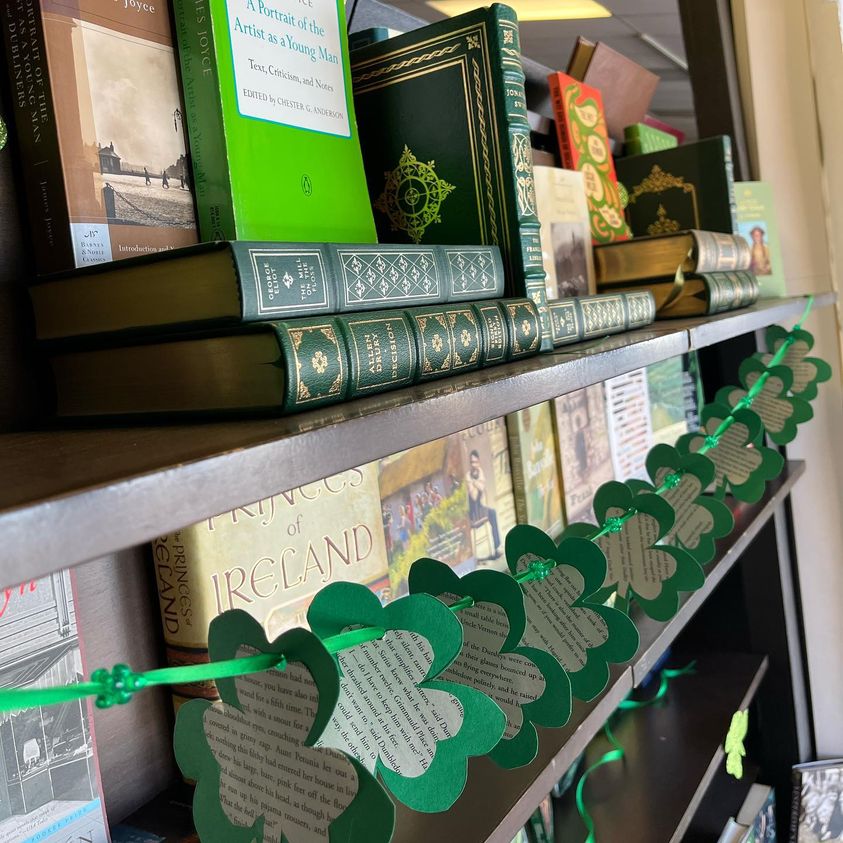 The Open Book
The Open Book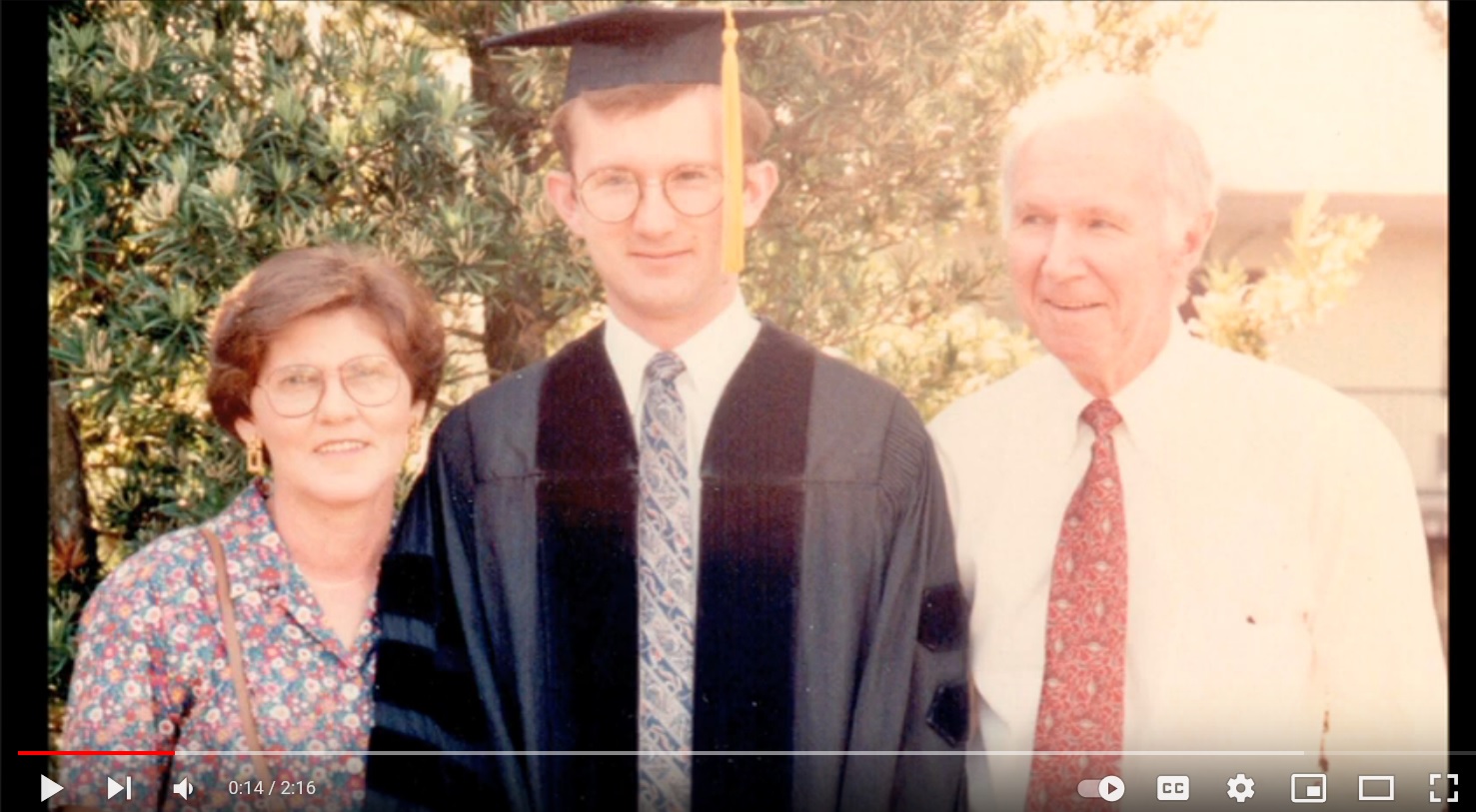 Dear Queer Self: An Experiment in Memoir
Dear Queer Self: An Experiment in Memoir
 Book you're an evangelist for:
Book you're an evangelist for: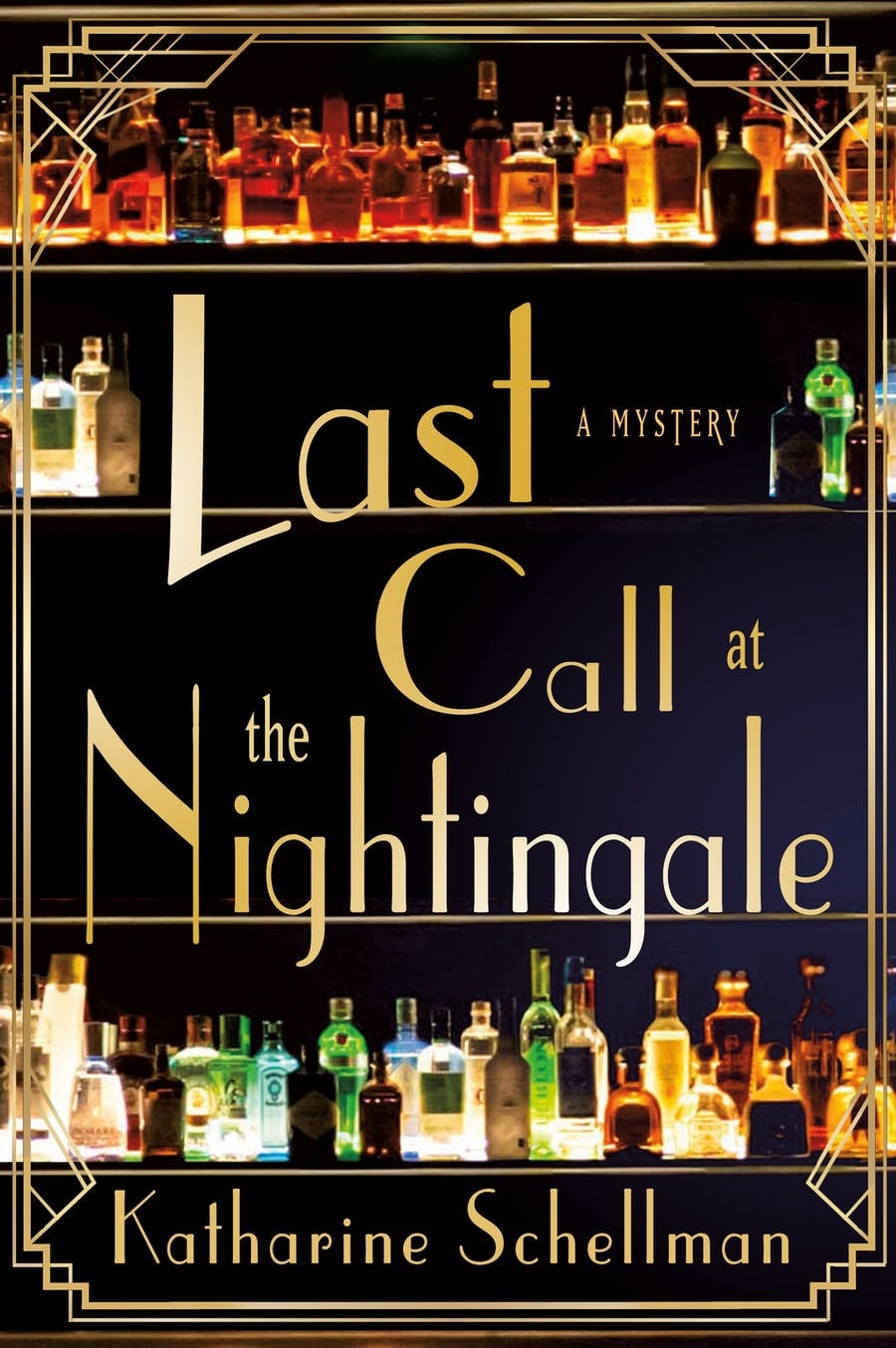 In Last Call at the Nightingale, Katharine Schellman (The Body in the Garden) serves up Prohibition-era murder and intrigue with style, atmosphere and a side of bootlegged bubbles and gin. The first in a Jazz Age mystery series, this novel will appeal to readers on several levels.
In Last Call at the Nightingale, Katharine Schellman (The Body in the Garden) serves up Prohibition-era murder and intrigue with style, atmosphere and a side of bootlegged bubbles and gin. The first in a Jazz Age mystery series, this novel will appeal to readers on several levels.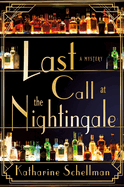
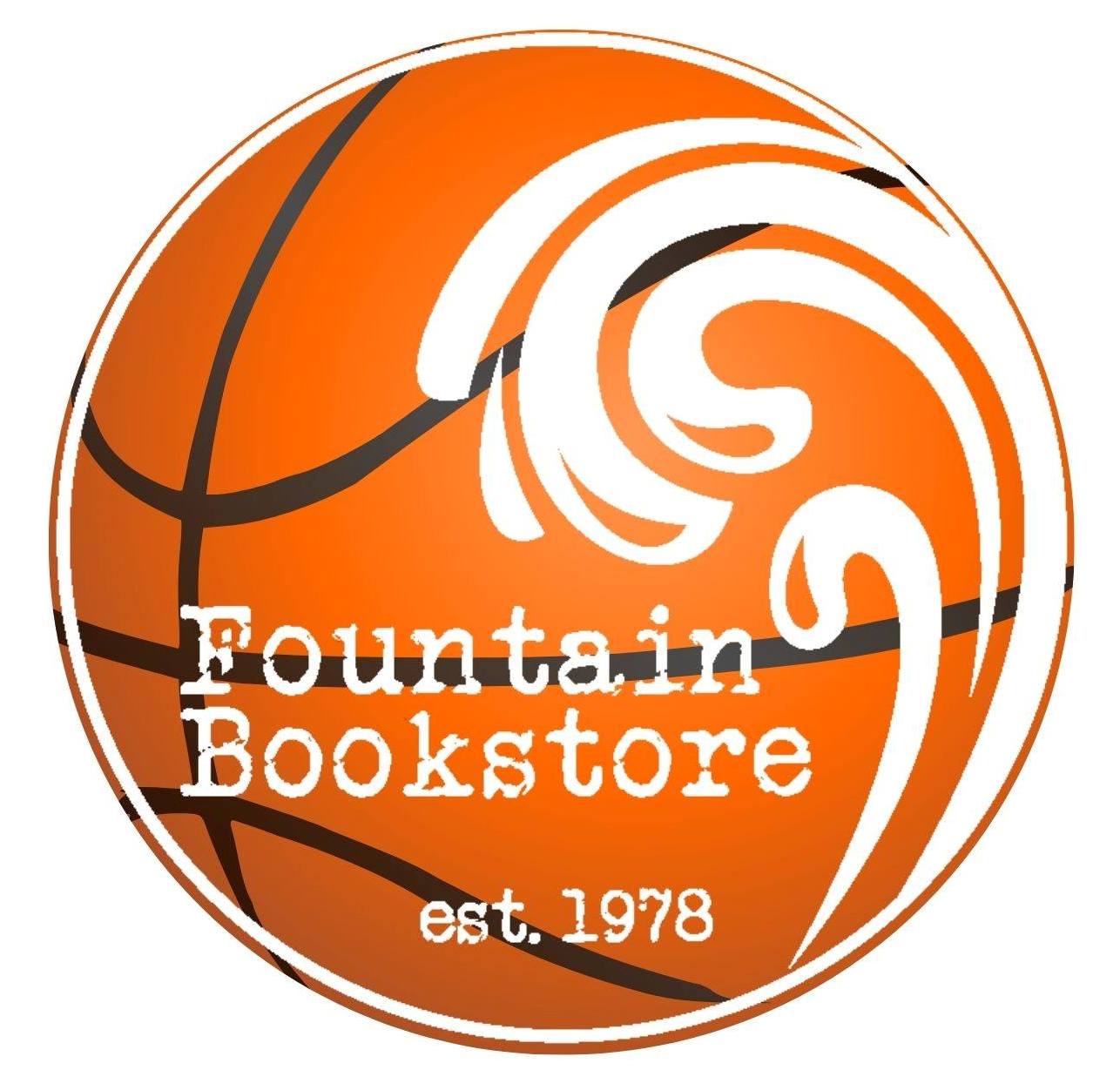
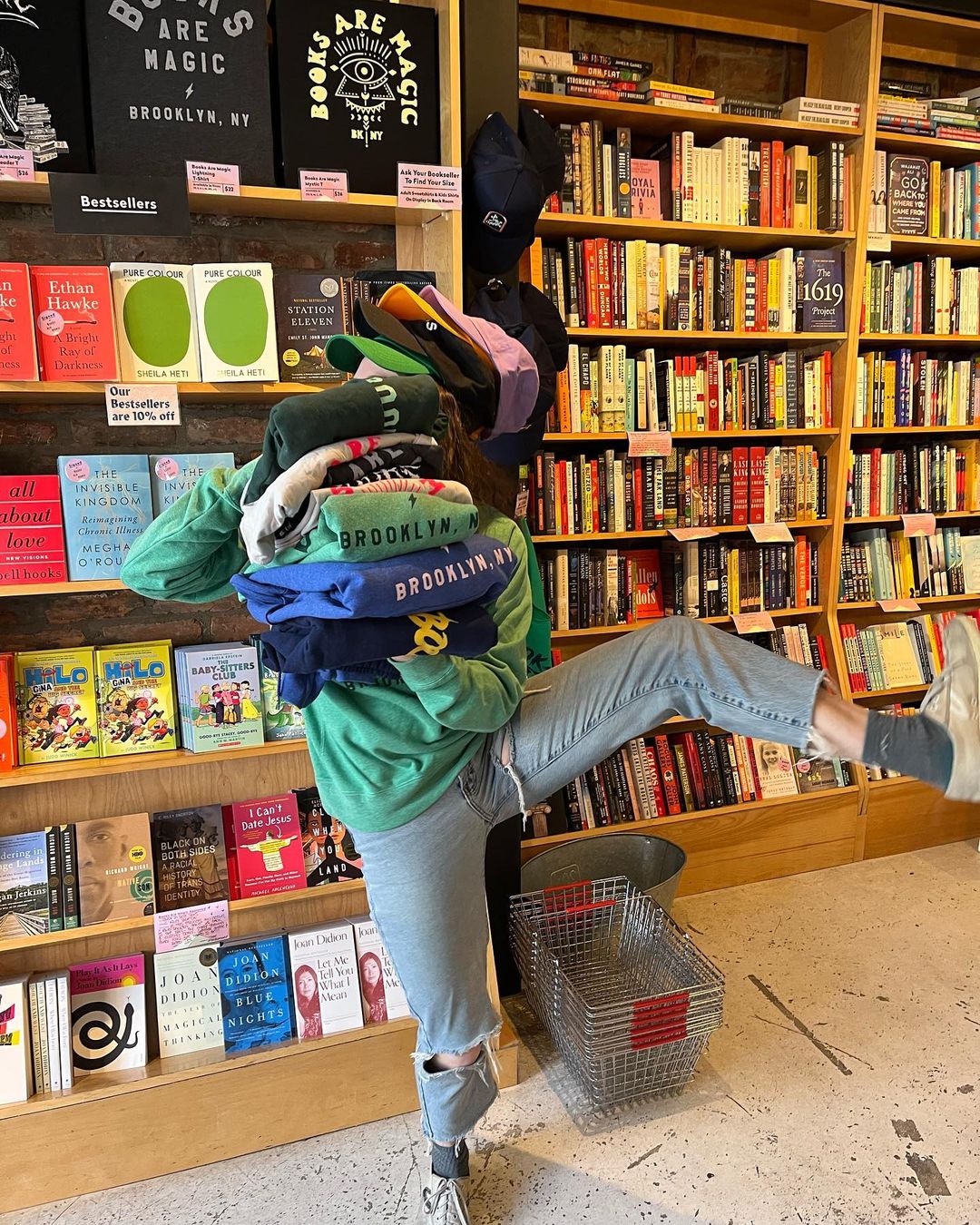
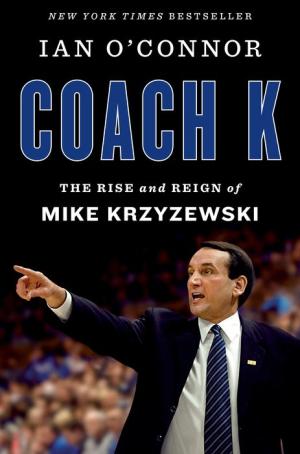 Though their time together was brief, over subsequent decades Krzyzewski maintained his connections with the McGuinness family, had a role in getting Joe first class medical treatment and remained in communication with him until his final days.
Though their time together was brief, over subsequent decades Krzyzewski maintained his connections with the McGuinness family, had a role in getting Joe first class medical treatment and remained in communication with him until his final days. 